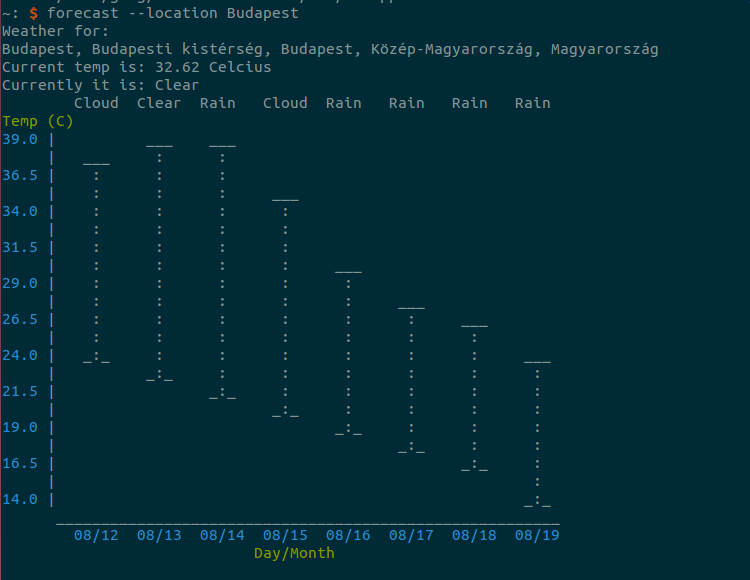Projects
In this page, I collect various miscellaneous coding projects I have been involved in and some "apps" that live on this site.
Apps
-
Drive Time A tool to calculate drive times. This requires you to provide a Google API key, but then you get a view of typical journey times between two places. I find this useful for trying to figure out when to leave for work.
-
Train Times This is a simple app to quickly look up UK train departures
Projects
-
CBCFlow allows convenient and machine readable storage, communication, and retrieval of important metadata for CBC analyses of events
-
Python for Science A set of workbooks to introduce python for scientific programming
-
koala_html A package to quickly create html pages from collections of images
-
kookaburra A python package for profile-domain timing of radio pulsars
-
parallel_bilby A python package to leverage slurm-based HPC clusters. Enables scaling inference jobs up to many hundreds of cores.
-
bilby_pipe A python package for automating the job of running multiple jobs on LIGO Data Grid clusters.
-
bilby A python package providing a user friendly interface to perform parameter estimation. It is primarily designed and built for inference of compact binary coalescence events in interferometric data, but it can also be used for more general problems.
-
PyFstat A python package containing various methods to run continuous gravitational wave searches. Includes glitch-robust, MCMC-based, and transient work.
-
Bayes Bimodal Test A simple python module using the emcee MCMC software to perform a Bayesian model comparison of bimodality.
-
GitCheck: A python appindicator which provides a visual check of the status of git repos. This builds on some of the functionality of batchgit by Max Hebditch.
- GetTrainTimes: a command-line tool to quickly get train times from the national rail (UK) website.
- pyweather: a command-line tool to quickly get a visual (ASCII) forecast of the weather for (almost) any location.
-
Using the Google maps API to study average driving speeds around the globe. To see the results have a look here
-
Printing latex elements: This isn't so much a project as a useful script. Often in cleaning up latex docs I trawl through the document searching for occurrences of say
includegraphics. This script will simply print the elements (for example in\label{eqn: an equation}the element would beeqn: an equation) to the command line. It takes multiple files and if unspecified will search for proper tex files to use. It has default flags of-fto find figures and-lto find labels, but you can specify whatever you want with-o. For example
$ print_tex_elements somearticle.tex -o citemight for example produce
Einstein1916
Newton1675

